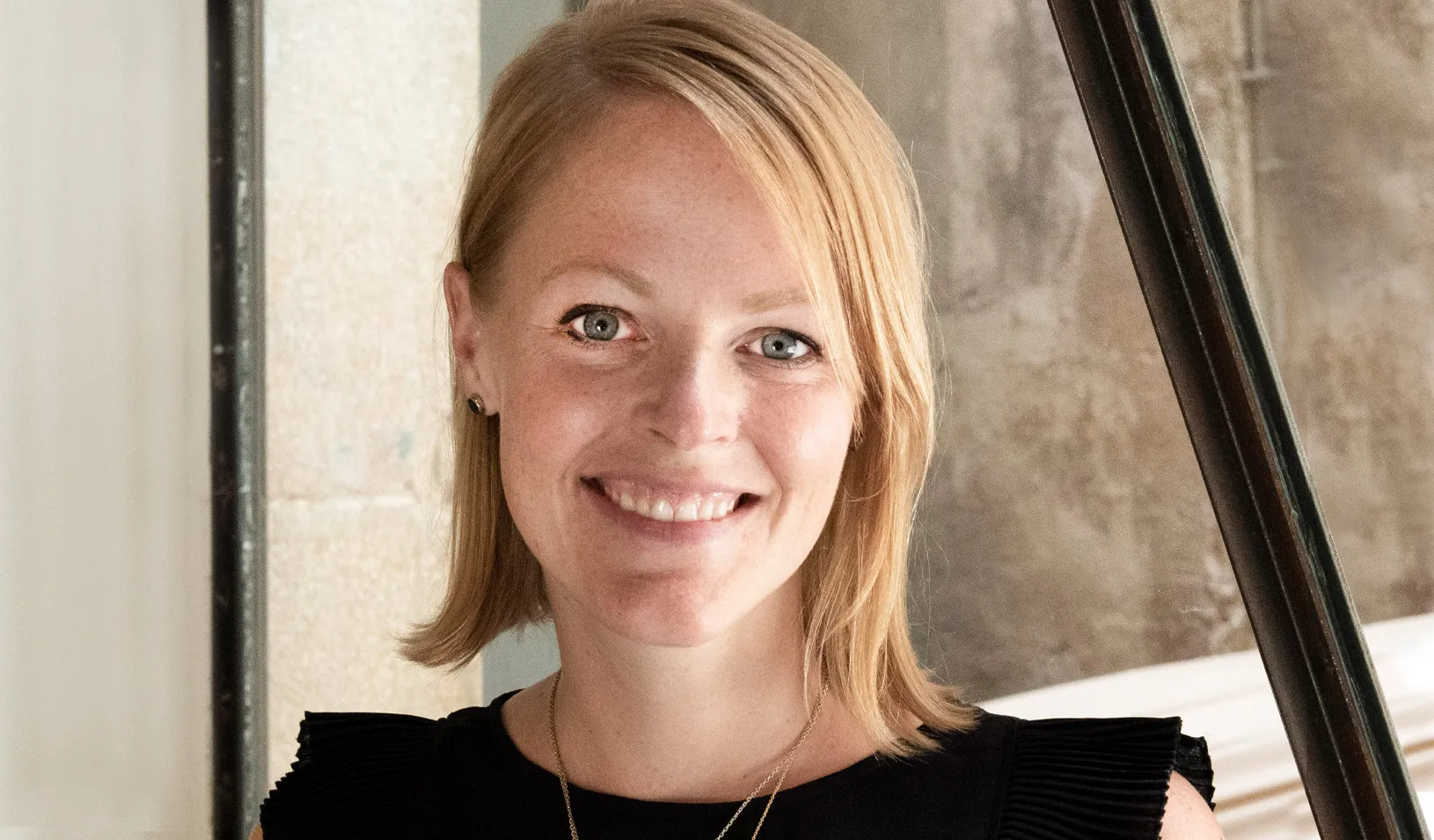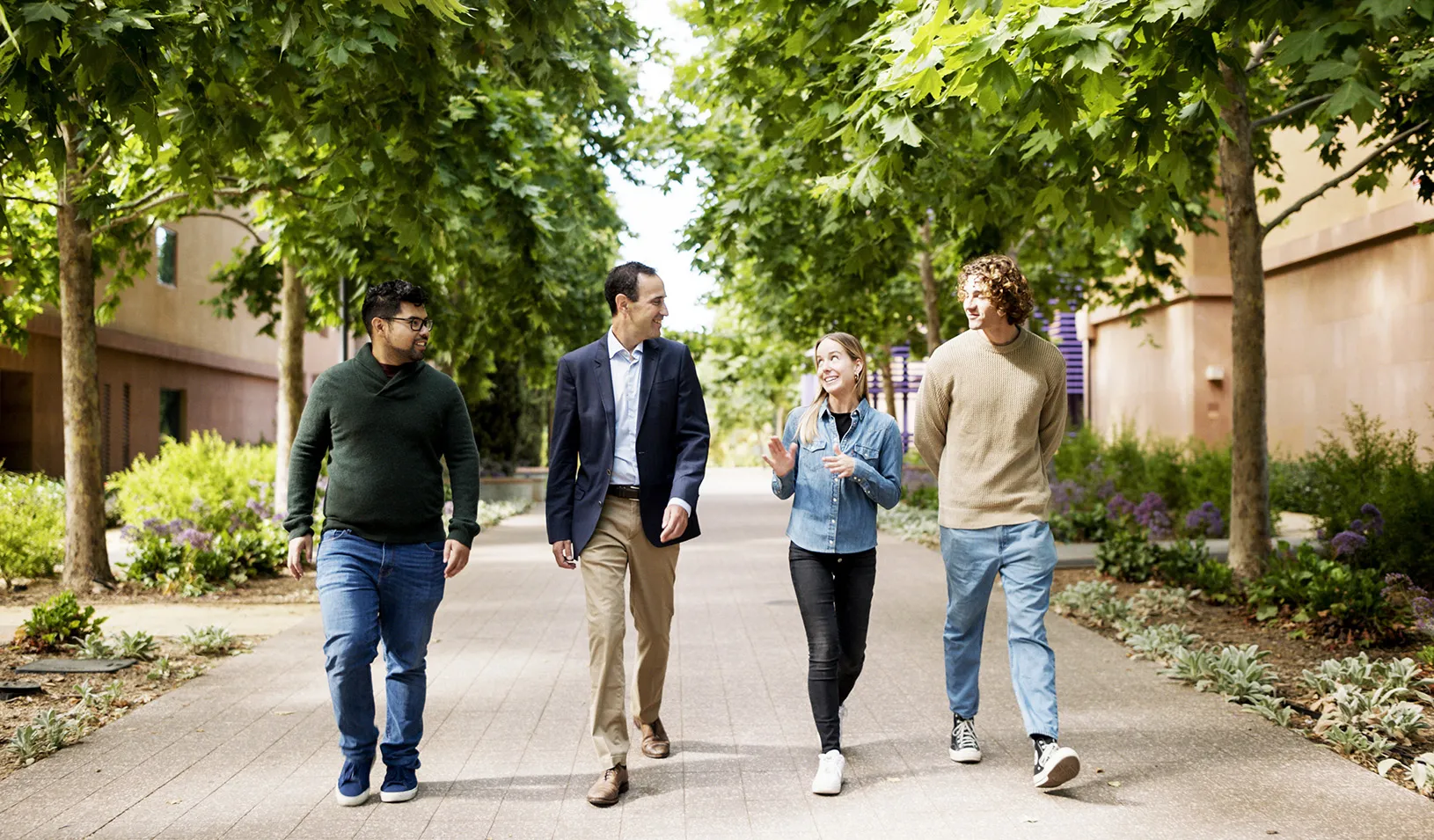Echoing Green Fellow Deepa Gangwani Elevates Waste Workers –– and the Environment –– in India
Together as One (TaO), a social enterprise that generates income opportunities for marginalized communities in India while providing communities with incentives to sort and segregate waste.
July 08, 2010
In India, desperately poor women pick through trash with their bare hands to support large families on less than a dollar a day. The victims of extreme social discrimination and seclusion, they are also exposed to severe health hazards. In working to aid such women during the tsunami of 2004, Deepa Gangwani (MBA ’04) became determined to create an enterprise that helps them engage their strengths and create greater economic and social equity. Her desire has culminated and crystallized in Together as One (TaO), a social enterprise that generates income opportunities for marginalized communities in India while providing communities with incentives to sort and segregate waste.
So strong is her business plan that the social venture fund Echoing Green has awarded Gangwani a two-year fellowship consisting of initial funding and technical support to help her turn her innovative idea into a sustainable social change organization. One of the only efforts solely focusing on seeding such organizations, Echoing Green has invested more than $28 million in grants to some 471 social entrepreneurs worldwide since 1987. With fellowships granted only to those the enterprise deems to be genuinely visionary leaders, Gangwani’s award is a true mark of confidence in her work.
TaO has mobilized to help NGOs and other organizations that work with women trash collectors by connecting these enterprises with technology, expertise, capital, services, and partners that will allow them to build facilities to convert biodegradable waste, plastics, and other forms of garbage into fuel. The bioenergy produced will serve as a high-value product that will help such organizations become financially sustainable.
As part of the plan, waste workers will be organized through self-help group structures and microcredit to sell such fuel directly to households and small businesses. As a result, communities will have access to cheaper and cleaner energy. Meanwhile, the environment will benefit from reduced fossil fuel use, lower methane emissions from landfills, and fewer tons of garbage being dumped in open spaces, landfills, and precious bodies of water.
The “people” factor is also a high priority for Gangwani. “The process will transform the waste-handling occupation into energy-entrepreneurship, thereby enhancing the community perception of such workers as providers of an essential energy service,” she says. Additionally, it promises to raise the incomes of such entrepreneurs up to nine-fold and provide them with substantial benefits and improved working conditions.
Gangwani, who hails from Pondicherry, left India at a young age to study and work overseas. She earned an MS in chemistry from Stanford in 1998, and then enrolled in Stanford’s MBA program. There, she was part of the Public Management Program, which provides courses and experiential opportunities to inspire students to address the world’s toughest issues through corporate social responsibility, social entrepreneurship, nonprofit management, and philanthropy. For the last six years, Gangwani has been working on sustainable development in India with a focus on health, energy, and education. She has assisted several community-based trash-reduction initiatives, including the waste management NGO Shuddham.
“Stanford contributed to my passion for turning social services, especially utilities like waste management, into independently viable, sustainable operations that can address social issues through profit-based incentives,” says Gangwani.
Driving her efforts above all has been her deep personal connection with the women waste workers themselves. “I just fell in love with these people, who seemed to survive only through sheer audacity,” she says. “Their resilience, despite the injustices they face from the very communities they serve, is a tremendous source of inspiration for me.”
Gangwani’s goals include enabling and effectively scaling up waste-to-energy applications for waste management NGOs that are currently operating in 200 midsize Indian cities. Through TaO, she intends to address at least 35 to 45 percent of this market over the next 5 years, and to launch the model in at least 3 countries with similar needs. She also hopes eventually to expand the entire waste management industry through similar efforts.
“Establishing waste as a green resource is gaining momentum as a movement,” says Gangwani. “This new venture will leverage this opportune timing to help marginalized workers become change makers within their own communities.”
For media inquiries, visit the Newsroom.
Explore More
Erin Nixon Joins Stanford GSB as Assistant Dean of Admissions

Nia Rose Froome, MBA ’23: Making Local, Fresh Food Available for All

New Research Fund Promotes Responsible Leadership for the Next Century
